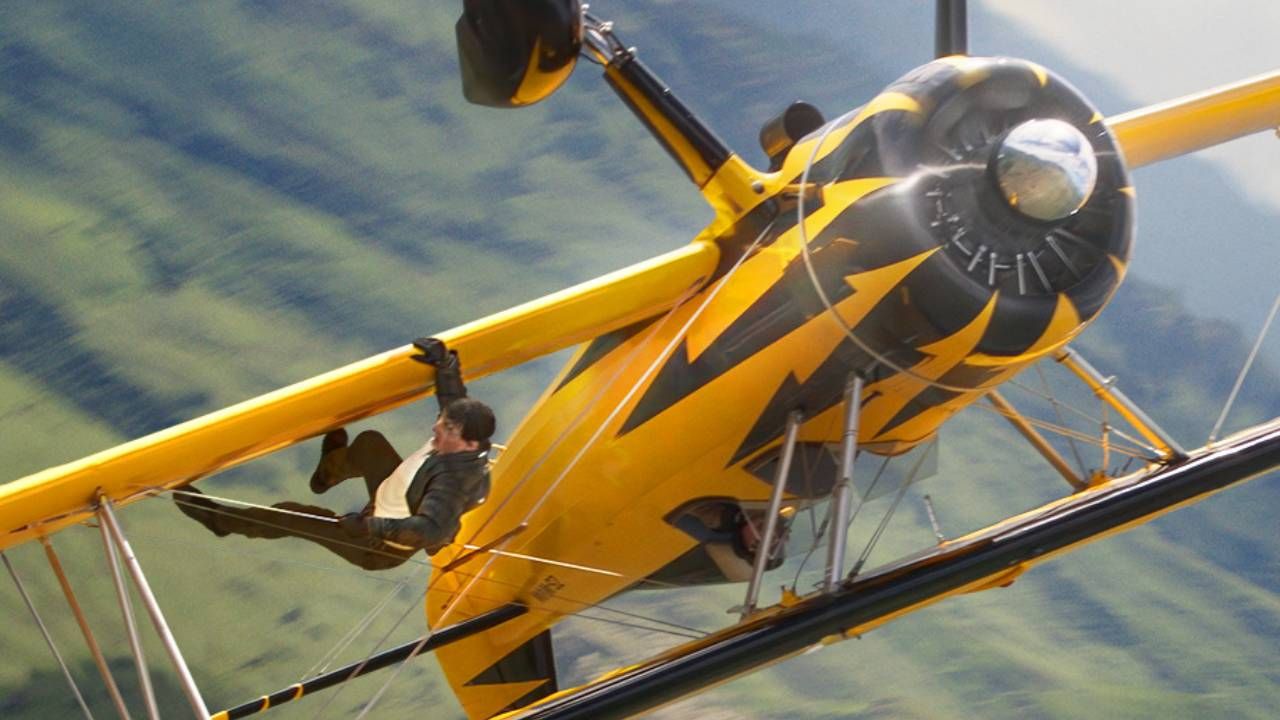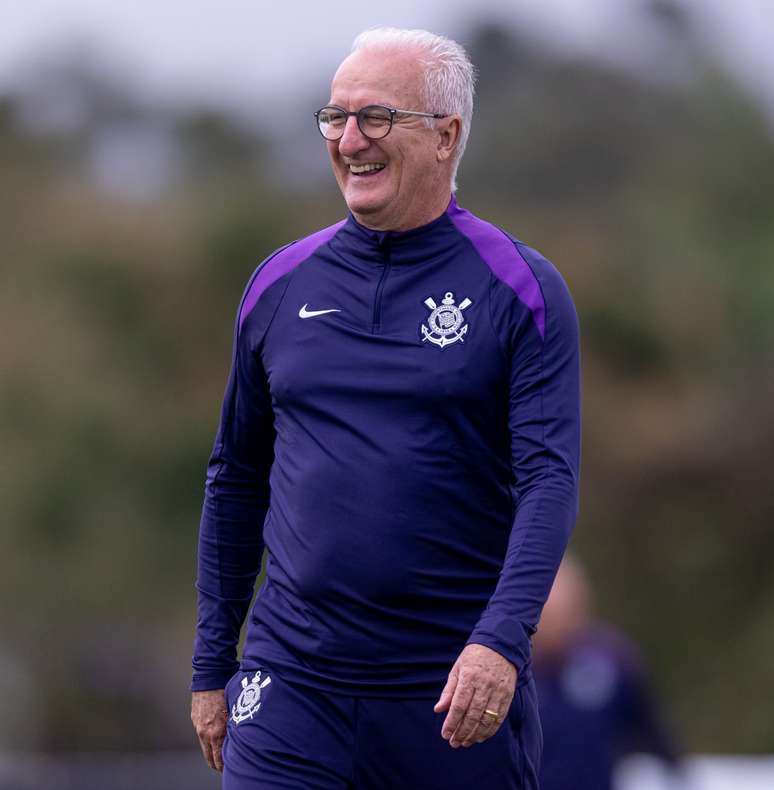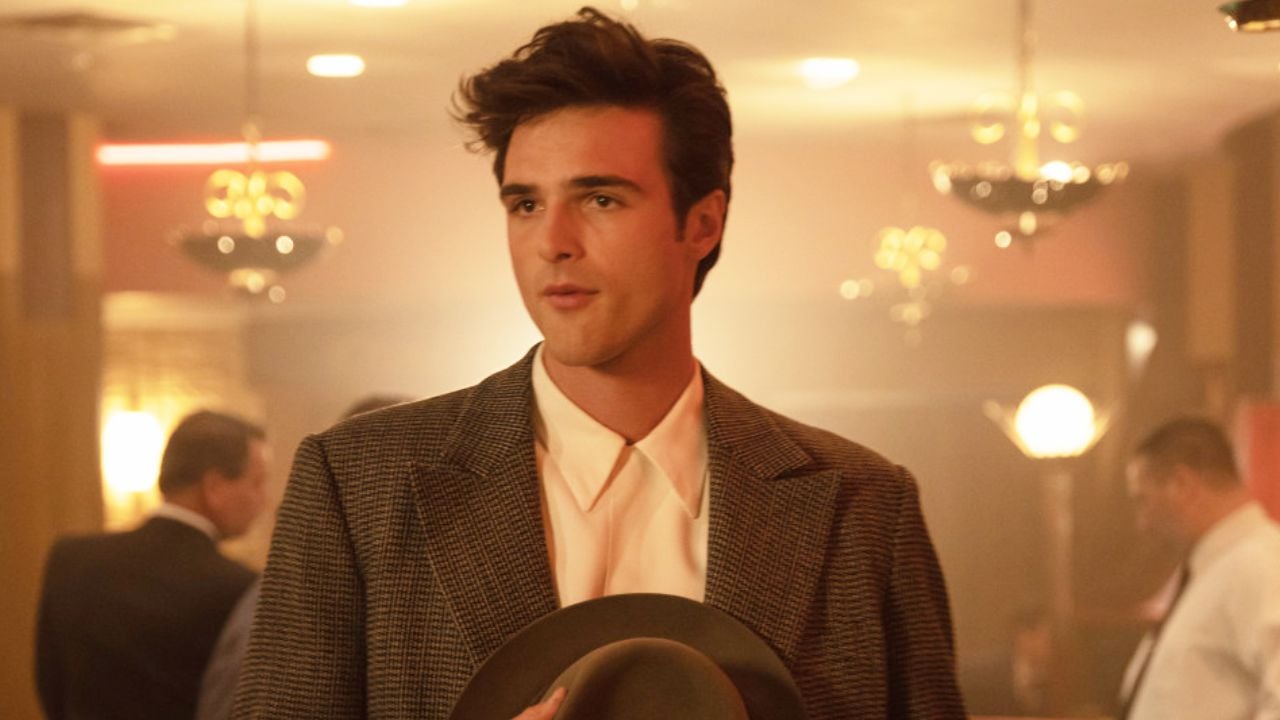The documentary chosen as the best of the year by the International Classical Music Awards (ICMA) is truly a masterpiece of production
Why do some works and composers touch people so deeply, crossing the barrier of time and space, like the music of bach? And why are other famous and important works and composers of their time forgotten today? These two questions have always intrigued the conductor Simone Menezes, 45 years old from Brasilia, who has lived in Europe for seven years and constitute the motto of Metanoiapublished by the Accentus label and sponsored by the Cartier Foundation, which was chosen as the best documentary at the 2023 edition of the International Classical Music Awards (ICMA), one of the most renowned international awards. Metanoia competed, in the final, with none other than a doc of the violinist Janine Jensen and the conductor Antonio Pappano.
In the motivation, the jury states that “Metanoia sets new standards in terms of content and form. Alongside original musical selections, a trip to Italy and exceptional interlocutors, the protagonists explore basic philosophical aspects of music and musical reception. By linking the subject to other disciplines, such as the visual arts, sociology, architecture, dance or technology, generates new ways of thinking about matter.”
“There is no logical or scientific explanation for how bacha small village composer has become what he has become”, reasons Simone, in an interview with Stadium. “The opposite also happens: famous and important composers such as Salieri in eighteenth-century Vienna have practically disappeared from concert halls today. It is not explained why some works are capable of touching the human soul in a deeper way”.
We started from the affirmation of the Estonian composer Arvo Pärt, now 87 years old, that “the most important tool for the composer is his soul”. In other words, transmitting his soul in his work, in a transparent way. It was an epiphany. Right at the beginning, Simone states that “Metanoia is trying to understand music beyond a rational concept: boredom is reason, and aims to go beyond rational conception. After all, music is emotion. And beyond study and understanding of his craft, musician realizes himself only in the act of establishing a soul communication with the listener”.
With his Ensemble K. and the vocal group Sequenza 9.3, Simone interacts, verbally and making music, with the Italian choreographer Valerio Longo, the German painter Michael Triegel, Alberto Cavalli (whom she calls the Italian “Karnal”), a Jesuit and, especially with the Italian maestro Antonio Pappano, a leading figure in the documentary, with whom he worked in London on the staging of Beethoven’s opera Fidelio.
Simone benefited from the experience and talent of Paul Smaczny, one of today’s greatest music documentary filmmakers. It was the complement of an idea of making art as something that happens only in the act of communicating with the other, turning into little more than an hour of lush images and revealing conversations, which give substance to an itinerary full of magical moments , such as that of Simone and Michele in front of the Last Supper, by Da Vinci.l
Source: Terra
Earl Johnson is a music writer at Gossipify, known for his in-depth analysis and unique perspective on the industry. A graduate of USC with a degree in Music, he brings years of experience and passion to his writing. He covers the latest releases and trends, always on the lookout for the next big thing in music.






